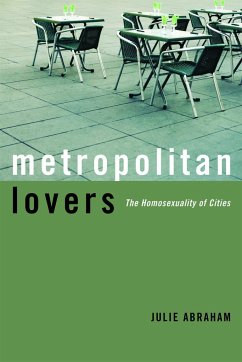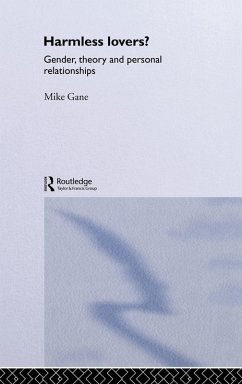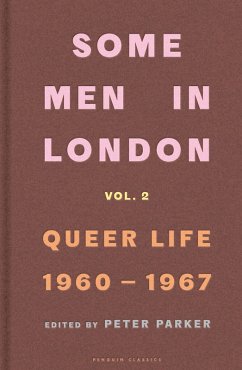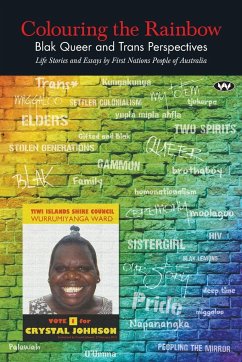
Queer Lovers and Hateful Others
Regenerating Violent Times and Places

PAYBACK Punkte
17 °P sammeln!
Queer subjects have become acceptable in society only through being cast in the shadow of the new folk devil, the 'homophobic migrant' who is rendered by society as hateful and disposable. This book explores this concept of 'queer regeneration'. Queerness has entered a transitional phase as it becomes co-opted by neoliberalism to make punishment and neglect appear as signs of care and love for diversity. To understand this transition, Jin Haritaworn looks at the environments in which queer bodies have become worthy of protection, discussing the everyday erasures that shape life in the inner ci...
Queer subjects have become acceptable in society only through being cast in the shadow of the new folk devil, the 'homophobic migrant' who is rendered by society as hateful and disposable. This book explores this concept of 'queer regeneration'. Queerness has entered a transitional phase as it becomes co-opted by neoliberalism to make punishment and neglect appear as signs of care and love for diversity. To understand this transition, Jin Haritaworn looks at the environments in which queer bodies have become worthy of protection, discussing the everyday erasures that shape life in the inner city (focusing on Berlin), and how queer activists actively seek out and dispel the myths of sites of nostalgia for the 'invented traditions' of women-and-gay-friendliness. The author explores a rich archive of media, arts, policy and activism, including posters, newspaper reports, hate crime action plans, urban projects, psychological studies, demonstrations, kiss-ins, political speeches and films. Through these sources, the relationships between Islamaphobia, racism within Europe and the United States, and the global war on terror serves to reinforce the politics of homonationalism.













